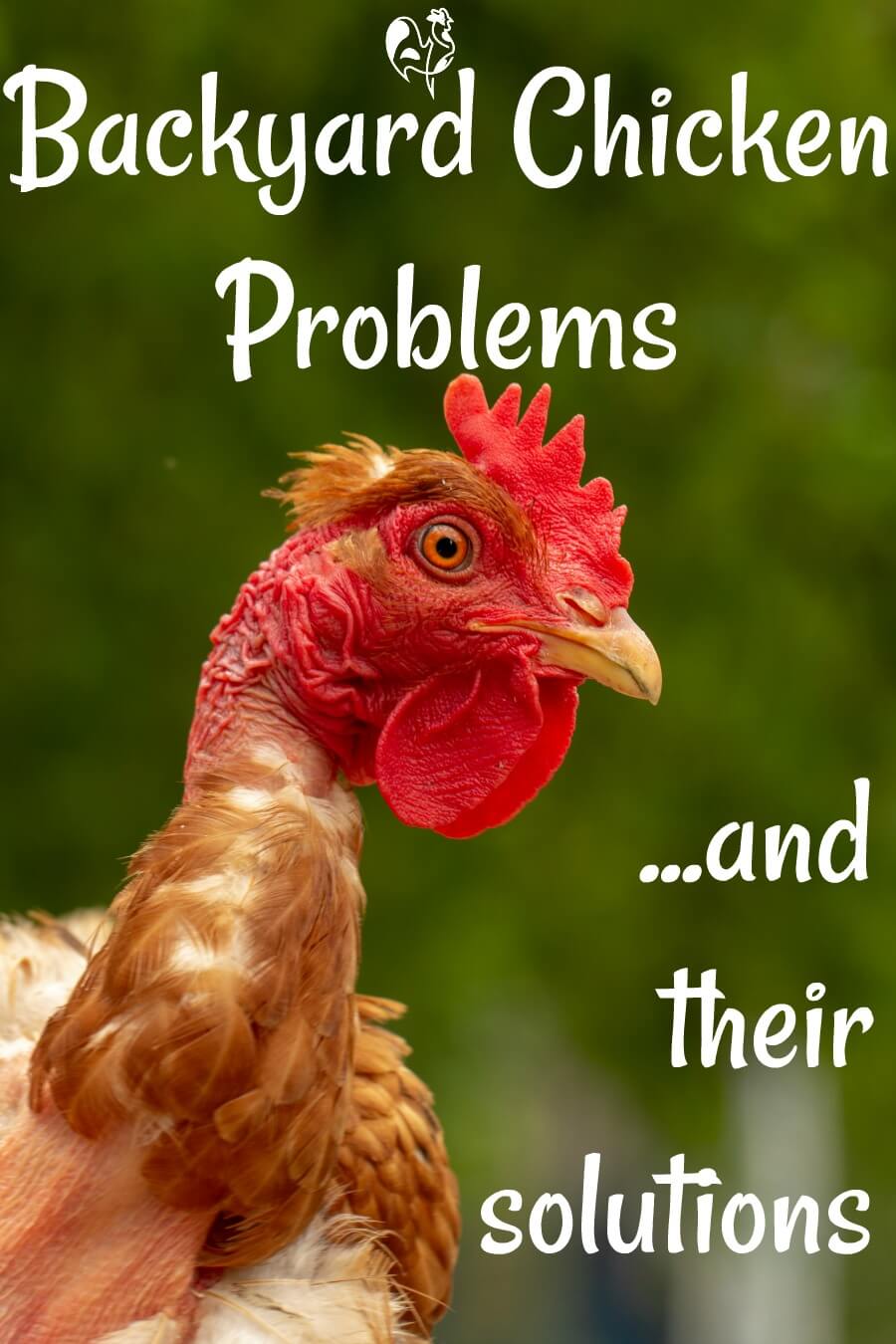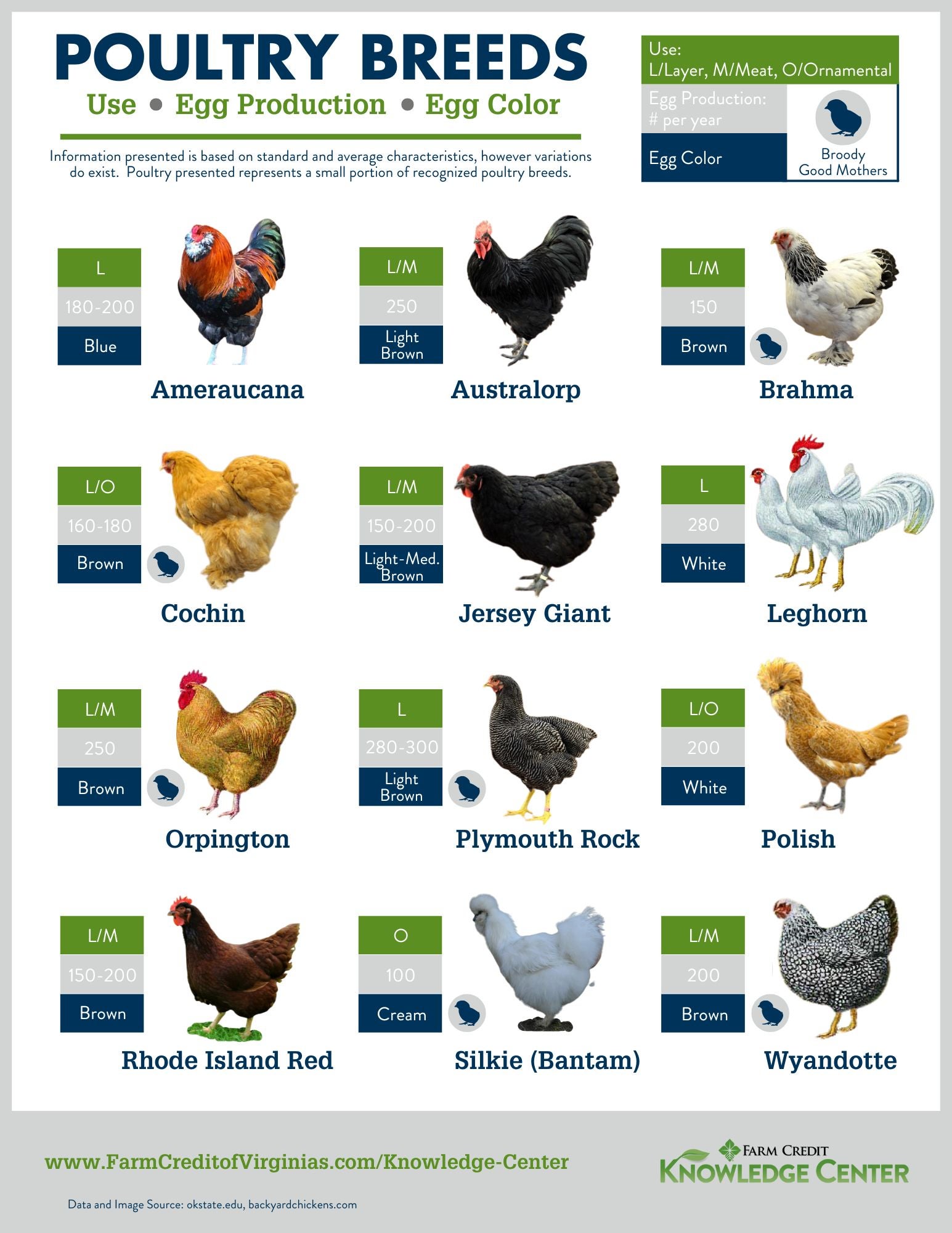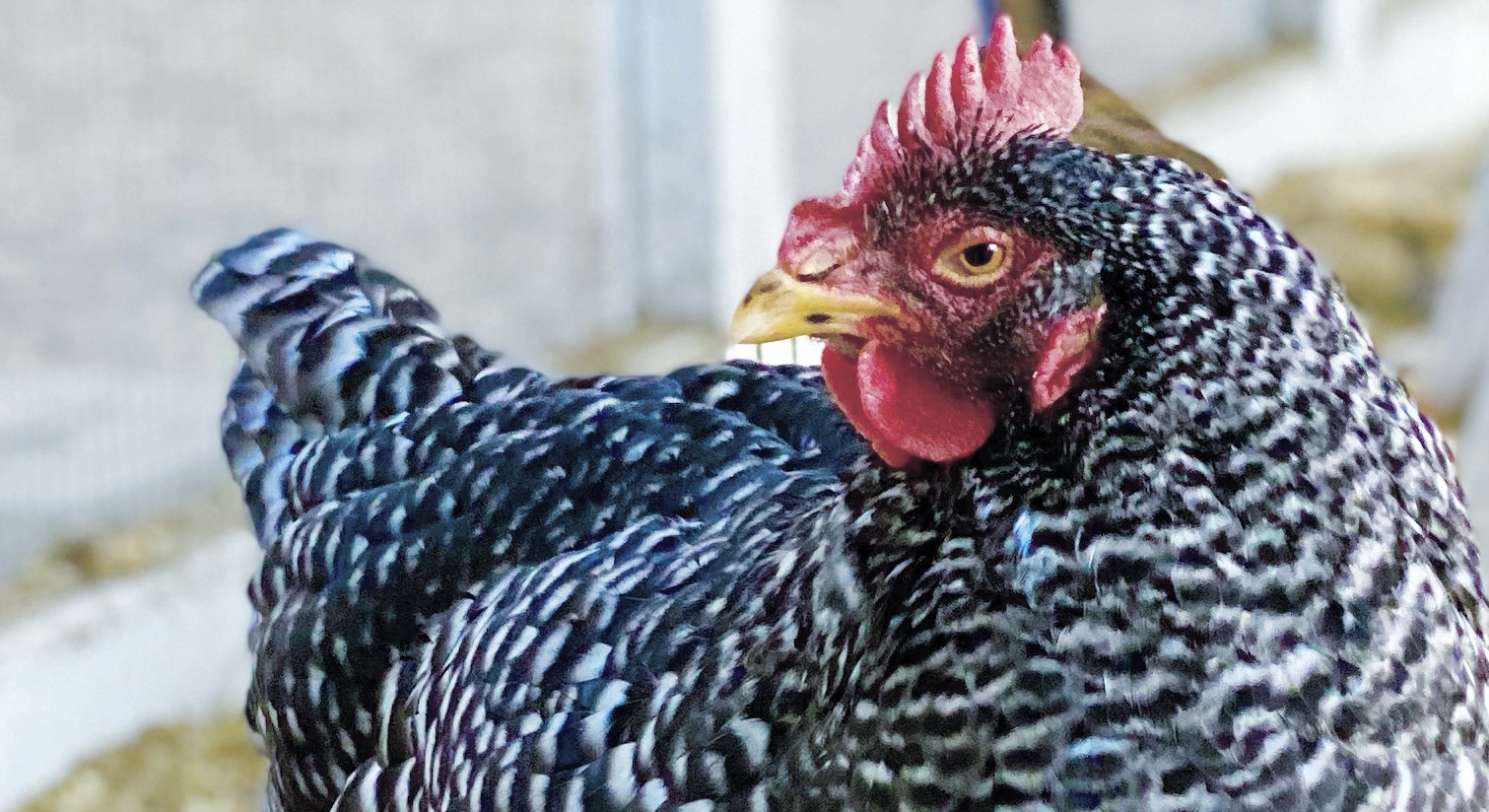When it comes to successful chicken husbandry, the optimal chicken age is an important factor to consider. Chicken age is the amount of time a chicken has been alive, and it can have an impact on the health and productivity of a flock. Knowing the optimal age for keeping chickens can help ensure the best possible results when raising chickens for the purpose of producing eggs or meat. This article will explore the optimal age for chickens and provide actionable advice for successful chicken husbandry.
Factors Influencing Optimal Chicken Age

Egg-Laying Production
Optimal chicken age for egg-laying production is typically between 18-24 weeks. Egg production depends on the breed and its genetics, as well as the environment and nutrition. Younger chickens tend to lay fewer eggs, while older chickens may not lay as many eggs as when they were younger.
Meat Production
Chickens raised for meat production typically reach their optimal age for harvest between 8-12 weeks. At this age, the chickens will have reached their target weight and have had enough time to develop adequate muscle and fat. It is important to harvest chickens at the right age, as older chickens may have tougher meat and require more feed.
Feed Consumption
The age of the chicken is an important factor to consider when determining the amount of feed needed. Younger chickens require more feed than older chickens as they are growing and developing. It is important to provide adequate nutrition to chickens of all ages in order to ensure their health.
Disease Resistance
The age of the chicken also affects its resistance to disease. Younger chickens are more prone to diseases than older chickens, as their immune systems are not yet fully developed. Providing proper nutrition and a healthy environment is important for chickens of all ages in order to ensure their health.
Possible Optimal Chicken Age

Egg-Laying Production
Strong egg-laying production starts at around 18 weeks of age when birds reach peak performance. A healthy laying chicken can lay an egg a day for up to two years with proper care and nutrition.
Meat Production
When it comes to meat production, chickens can be harvested at any age. However, most chicken farmers harvest them at 6-8 weeks of age. At this age they reach the optimal weight and size for maximum meat production. Additionally, younger chickens have more tender meat than older ones. Therefore, the optimal age for meat production is around 6-8 weeks.
In conclusion, the optimal age for successful chicken husbandry depends on the desired outcome. For egg-laying production, 18 weeks is the best age. For meat production, 6-8 weeks is the optimal age.
Management Considerations

Building the Coop
The size of the coop should be appropriate for the number of chickens you plan to keep. Generally, a minimum of 4 square feet of space per bird is recommended. This will help prevent overcrowding, which could lead to health problems.
Feed and Nutrition
Chickens should be given a balanced diet of quality feed, free of any contaminants. The feed should include a variety of grains, seeds, and proteins. Treats such as mealworms and other insects can also be given as an occasional snack.
Health and Safety
Chickens need to be kept in a safe environment that is free from predators. The enclosure should be well-ventilated and have plenty of space for them to move around. Additionally, the chickens should be vaccinated against common diseases and parasites.
Advantages and Disadvantages of Having an Optimal Chicken Age
Advantages:
- Better nutrition: Having an optimal age for chickens helps ensure that they receive the correct nutrition for their age and stage of development.
- Better health: Optimal age helps chickens to develop stronger immunity, as well as better overall health.
- Lower mortality rate: Younger chickens are more prone to illness and death, but optimal age helps to reduce the mortality rate.
- Higher production rate: Optimal age chickens are more productive, meaning they produce more eggs and meat than those that are kept at an older age.
Disadvantages:
- Higher costs: Keeping chickens at an optimal age can be more expensive than keeping them at an older age, as it requires more frequent feed and healthcare.
- More space needed: As chickens need more space as they get older, keeping them at an optimal age requires more space for housing them.
- More labor: Optimal age chickens require more labor for their care and maintenance.
Frequently Asked Questions
What factors influence the optimal age for chickens in chicken husbandry?
Breed: Different breeds of chickens have different optimal ages for successful husbandry. Some breeds reach maturity earlier than others, and some lay more eggs than others. Production: The type of production you are pursuing will influence the ideal age of your chickens. For example, if you are trying to maximize egg production, younger hens may be more desirable than older hens. Health: The health and well-being of the chickens should be a major factor in determining the optimal age. Younger chickens are more susceptible to diseases, so it is important to monitor their health closely. Feed: The type of feed used will also influence the optimal age for chickens in chicken husbandry. For example, if you are feeding your birds a high-protein feed, the optimal age will be slightly later than if you are feeding a low-protein feed. Housing: The type of housing you provide for your chickens will also influence the optimal age. If you are providing a larger, more spacious housing, then the optimal age may be slightly later than if you are providing a smaller, more cramped housing.
How Does the Age of Chickens Affect Their Egg-Laying Abilities?
Young Chickens:
- Young chickens do not start laying eggs until they reach maturity, which is around 18 weeks of age depending on the breed.
- Egg production starts slowly, with most chickens laying between 2-3 eggs per week.
- Eggs produced by young chickens can be smaller than those produced by older chickens.
Older Chickens:
- Older chickens typically begin to peak in egg-laying abilities around the age of one year.
- At this age, chickens can produce up to 5 eggs per week.
- Eggs produced by older chickens can be larger than those produced by younger chickens.
Decline in Egg-Laying:
- After the age of one year, egg-laying abilities begin to decline.
- Egg production can drop to as little as one egg per week.
- Overall egg production can decrease drastically after the age of two years.
How often should chickens be replaced in chicken husbandry?
It is recommended to replace chickens in most successful chicken husbandry systems every 12-18 months, depending on the breed and the purpose of the chickens. The age at which chickens are replaced will depend on the quality of the eggs produced, the amount of feed consumed, and the overall health of the flock. It is important to monitor the health and productivity of chickens on a regular basis in order to determine the ideal age of replacement.
What Are the Health Implications of Keeping Chickens Past Their Optimal Age?
- Increased susceptibility to disease: Chickens kept past their optimal age are more likely to contract diseases and parasites due to their weakened immune system.
- Poor egg production: Older chickens tend to lay fewer eggs, resulting in a decline in egg production.
- Unable to withstand extreme weather conditions: Chickens kept past their optimal age are more likely to succumb to extreme weather conditions such as cold, heat, and humidity.
- Increased risk of feather pecking: Older chickens are more likely to engage in aggressive behaviors such as feather pecking, which can lead to serious injuries.
- Reduced mobility: As chickens age, they become less mobile, making it difficult for them to get food, water, and shelter. This can lead to malnutrition and dehydration.
What are the Benefits of Keeping Chickens at their Optimal Age?
Keeping chickens at their optimal age brings many benefits, such as improved feed efficiency, increased production, improved egg quality, and better disease resistance. Chickens kept at their proper age will have a better rate of egg production, as older chickens tend to lay fewer eggs. Keeping chickens at their optimal age will also help to improve their feed efficiency, meaning they will get more nutrients from the feed they eat. Furthermore, the eggs they produce will be of higher quality and have a longer shelf life. Finally, chickens kept at the optimal age will be more resistant to diseases, meaning fewer losses due to illness.
Conclusion
The optimal age for a chicken to be used for successful chicken husbandry depends on the purpose for which it is being raised. If it is for egg production, then the optimal age is between 18 and 24 weeks. For meat production, the optimal age is between 8 and 16 weeks. Ultimately, the goal is to maximize the productivity of the chicken while minimizing costs and ensuring the best quality eggs or meat.
